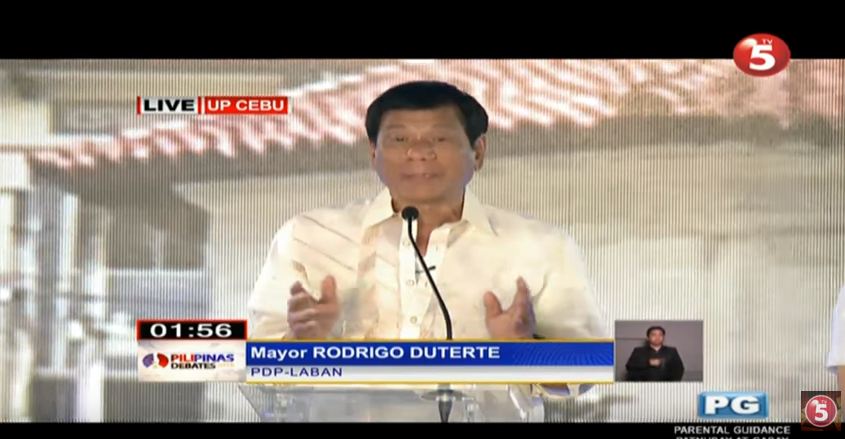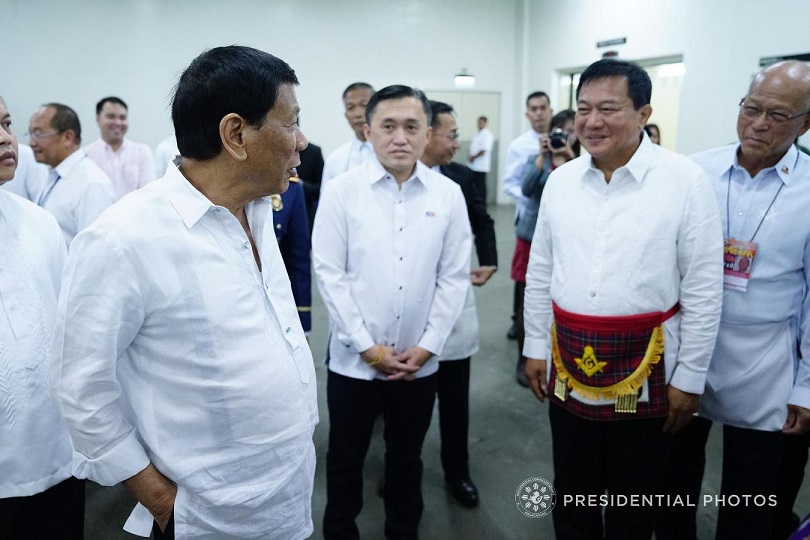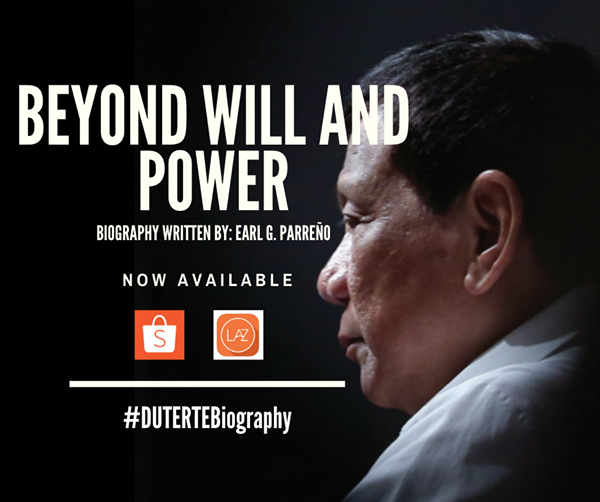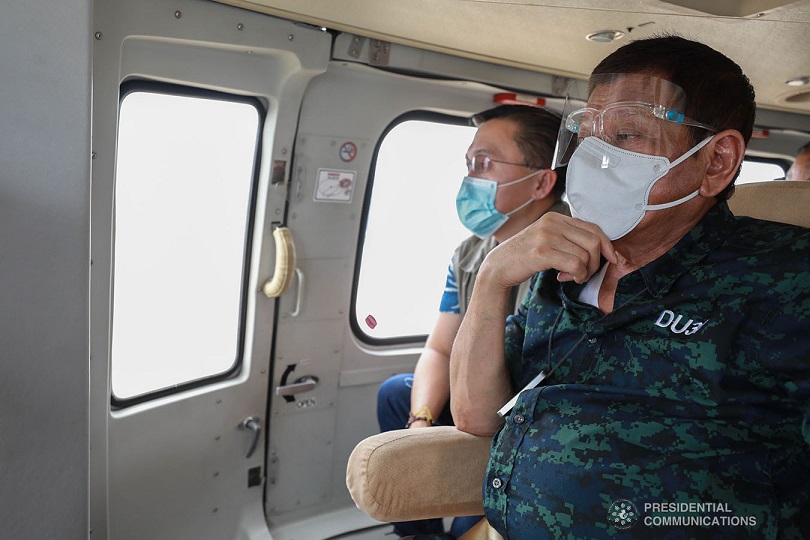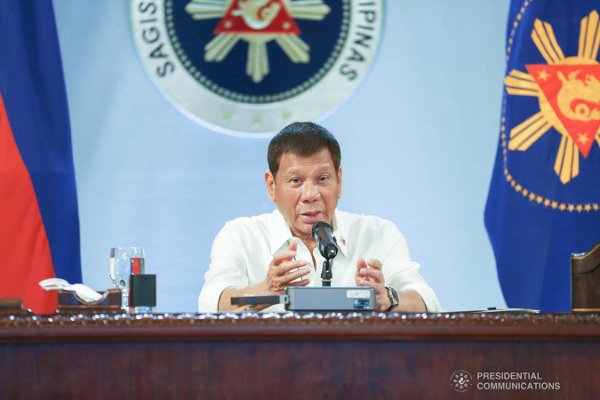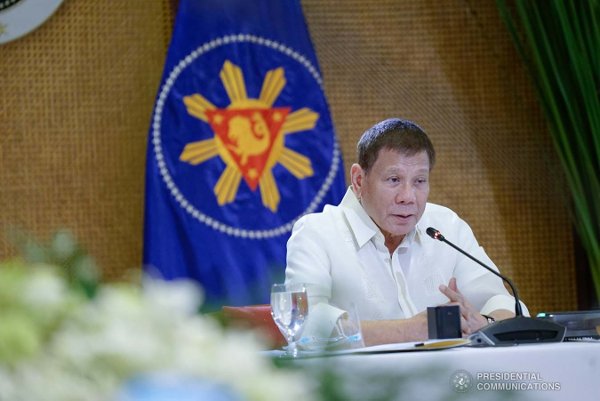![]() STATEMENT: Presidential candidate Rodrigo Duterte, responding to a question about coal and pollution during the second presidential debates on March 20, brought up the El Niño phenomenon and said it is climate change.
STATEMENT: Presidential candidate Rodrigo Duterte, responding to a question about coal and pollution during the second presidential debates on March 20, brought up the El Niño phenomenon and said it is climate change.
“You know, even climate change, climate change does not have to be discussed. It is here. El Niño is the climate change. Kaya nga yung mga lupa mo, maski saan-saan, they’re cracking up, even in Luzon. That’s pollution. Climate change is already there,” explained the PDP-Laban standard-bearer.
(Source: PiliPinas Debates 2016 Cebu video, 2:21:10 — 2:21:32)
FACT: El Niño, currently experienced in many parts of the world including the Philippines, is a natural occurrence. It is not climate change, contrary to what Duterte said.
Experts are in fact still trying to find out whether climate change and rising global temperatures could intensify El Niño.
A Yale University article describes El Niño phenomena as “short-term aberrations of ocean currents and weather systems that start in the waters of the tropical Pacific and send shock waves around the world. They usually occur after several years of calm conditions during which prevailing tropical winds blowing across the world’s largest ocean pile warm water up in the west of the Pacific, around Indonesia.”
(Source: El Niño and Climate Change: Wild Weather May Get Wilder)
El Niño is “a complex and naturally occurring weather pattern” that “typically occurs every two to seven years,” according to another article, from Columbia University.
On the link between climate change and El Niño, the same article quotes Lisa Goddard, director of the International Research Institute for Climate and Society: “We have to think climate change will influence El Niño in some way and will impact its impacts, but how El Niño events themselves change because of global warming? It’s hard to say, and harder to observe because there is so much variation in El Niño by itself from decade to decade. It’s a tough question to answer.”
(Source: El Niño and Global Warming—What’s the Connection?)
—Laine Bringuelo and Maegan Gaspar
(The contributors are University of the Philippines journalism majors who are fact-checking candidates for their Journalism Ethics [J110] course taught by VERA Files trustee Yvonne T. Chua.)
